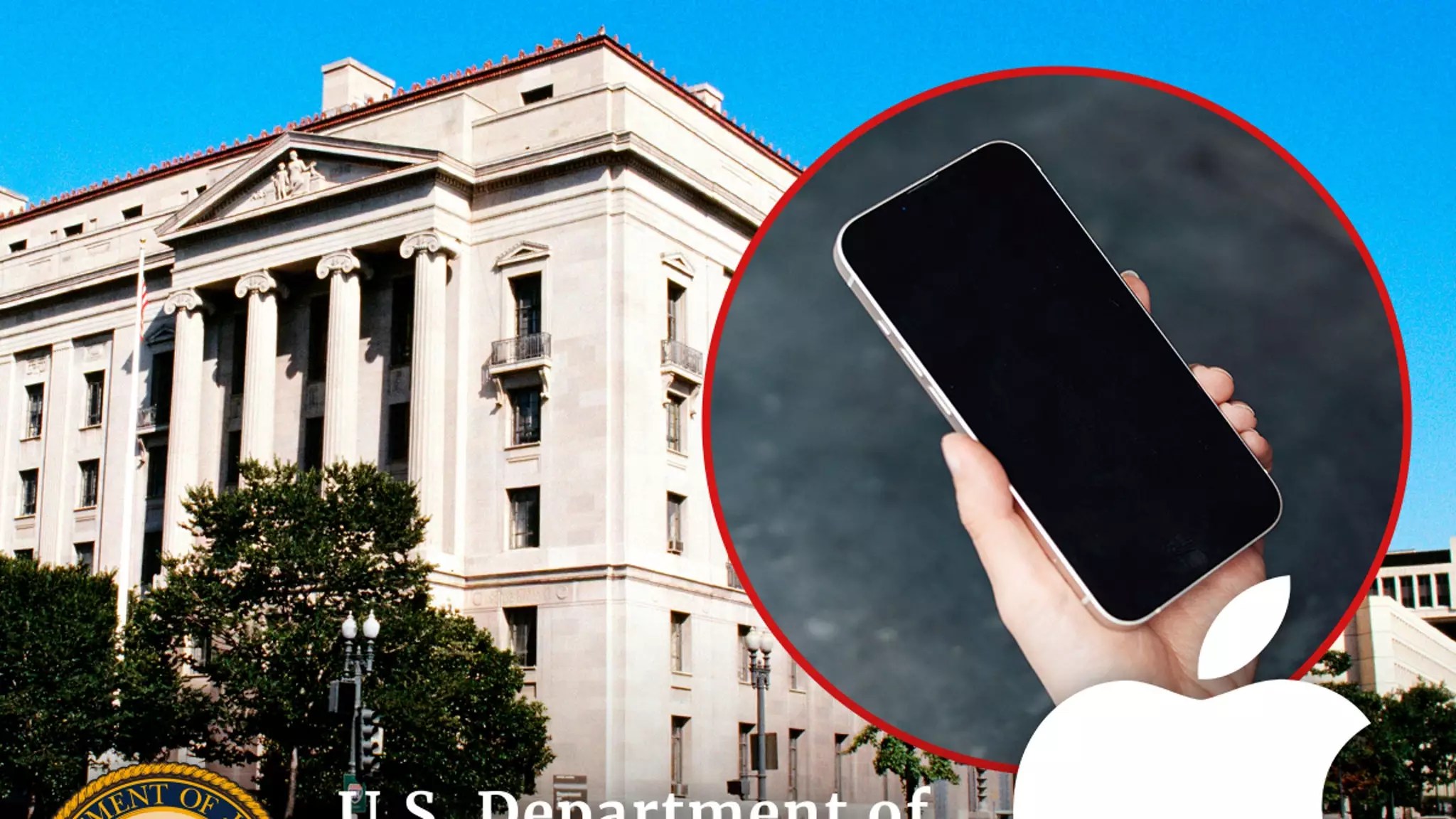The recent lawsuit brought against Apple by the Department of Justice has brought to light some serious allegations regarding the tech giant’s business practices. The lawsuit claims that Apple has established a monopoly in the smartphone industry and that the interconnected nature of its products is unfairly anticompetitive. According to the federal documents, Apple’s ecosystem, which includes the iPhone, Apple Watch, and other connected applications, has created a “hole” that excludes rival companies and even its own customers. The lawsuit argues that Apple’s business model is inherently controlling and that it wields absolute dominance in the industry.
The Department of Justice alleges that Apple has responded to competitive threats not by lowering smartphone prices or offering better monetization for developers, but by imposing a series of ever-changing rules and restrictions on its App Store guidelines and developer agreements. This, in turn, has allowed Apple to extract higher fees, stifle innovation, provide a less secure user experience, and suffocate competitive alternatives. These tactics have been deployed across multiple technologies, products, and services, including super apps, messaging services, smartwatches, and digital wallets.
Exclusivity and Limitations
In addition to its restrictive business practices, the lawsuit asserts that Apple has deliberately limited communication between iPhone users and non-iPhone users by closing applications or programs that enable cross-platform interactions. Essentially, the claim is that Apple has made it nearly impossible to interact with products and users outside of the Apple ecosystem, thereby violating federal law. The lawsuit warns that if Apple’s actions go unchecked, the company will continue to strengthen its smartphone monopoly and maximize its profits at the expense of fair competition.
Apple’s market capitalization currently stands at a staggering $2.68 trillion, making it one of the largest companies in terms of valuation. The lawsuit suggests that Apple’s anticompetitive behavior is designed to preserve its monopolistic power and maximize its financial gains. If these allegations are proven true, the implications for Apple could be far-reaching, potentially leading to significant changes in how the company operates and interacts with the broader tech industry.
The antitrust lawsuit against Apple raises serious concerns about the tech giant’s business practices and market dominance. The allegations of monopoly, anticompetitive behavior, and restrictions on innovation highlight the need for a thorough investigation into Apple’s operations. As the case unfolds, it will be crucial to monitor how Apple responds to these allegations and what impact the lawsuit may have on the company’s future.







Leave a Reply